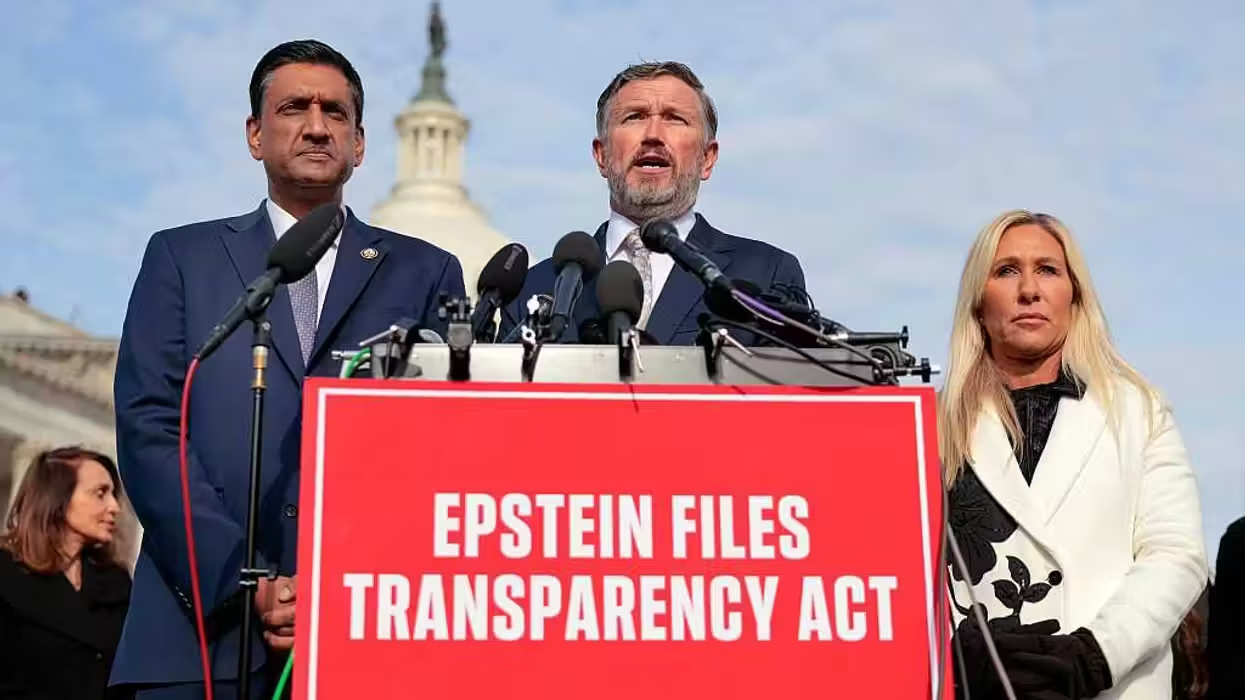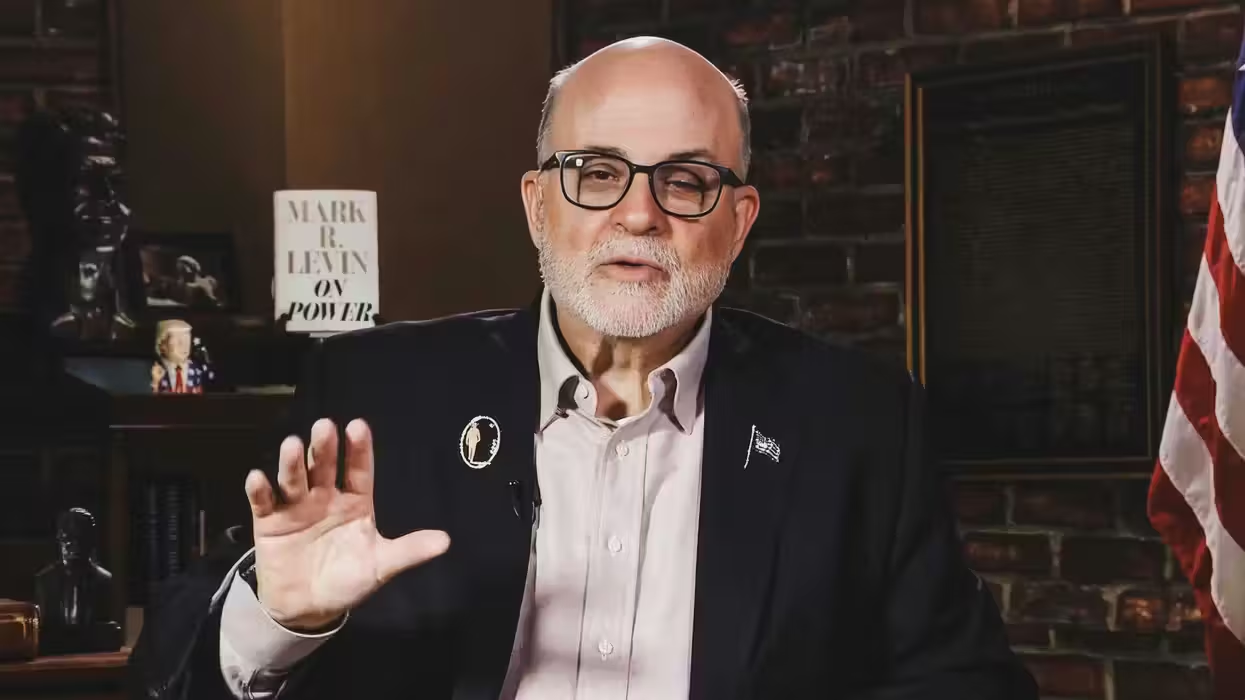After an appeals court dealt a legal blow to President Barack Obama’s executive action on immigration, the White House asserted that President Ronald Reagan took a more sweeping action — an assertion that has faced serious scrutiny in the past.
The 5th Circuit Court of Appeals blocked the administration from implementing its executive action to shield 5 million illegal immigrants from deportation in a 2-1 ruling Monday. The administration announced Tuesday it would appeal the decision to the U.S. Supreme Court.
 AP Photo, File
AP Photo, File
White House press secretary Josh Earnest insisted that Obama’s executive action was no different from executive actions taken by Republican presidents Ronald Reagan and George H.W. Bush. He further went on to day that, if anything, Reagan’s actions were more far reaching.
“President Reagan advanced something called the Family Fairness program that deferred the deportation of children whose parents were applying for legal status. He implemented that program, even though Congress had excluded those children from a 1986 immigration reform law,” Earnest said. “I think you could actually make a stronger case that President Reagan was actually doing an end run around Congress. I didn’t hear any Republicans complaining about it then or now.”
He said that Bush expanded an immigration program to cover 1.5 million unauthorized children and spouses.
“At the time, it represented about 40 percent of the undocumented population in the United States. He did that using his executive action,” Earnest stated. “President Obama is proposing to use his executive action to have an impact on a similar percentage of the undocumented population. I think that’s a pretty clear indication of the precedent that’s in place here.”
However, when the Obama administration made a similar argument last November ahead of Obama’s announced executive actions, FactCheck.org argued it was not a precise comparison. That’s primarily because Reagan and Bush were responding specifically to congressional action that they considered giving them the latitude to act, whereas Obama acted in response to Congress electing to not pass a bill he wanted.
“The actions taken by Presidents Ronald Reagan and George H.W. Bush — examples often cited by White House officials — were attempts to address ambiguities in an immigration law that was passed by Congress. Obama’s executive actions are different,” FatCheck.org said. “They are a response to congressional failure to pass a law, and they affect a far greater number of immigrants currently living in the country illegally.”
Congress passed a law in 1986 that legalized most illegal immigrants, giving legal permanent residency to 2.7 million living in the United States illegally. That’s just over half of those impacted by Obama’s executive action. Meanwhile, Obama has sought comprehensive immigration reform legislation to allow some form of legal status for 11 million illegal immigrants.
Earnest stressed that the administration was confident about its legal argument to the Supreme Court.
"We are confident in the power of the legal arguments, and that’s why I think you’ve seen the Department of Justice make such a quick decision to move this up the line to the Supreme Court," Earnest said.

 AP Photo, File
AP Photo, File






